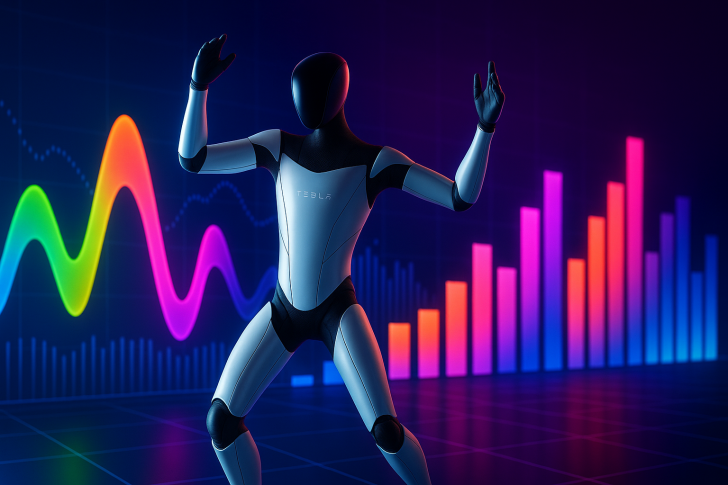⬤ At a recent Tesla shareholder meeting, Elon Musk danced with the humanoid robot Optimus under neon lights shortly after securing a $1 trillion stock bonus. The viral moment blended futuristic spectacle with financial controversy, raising questions about how modern capitalism rewards visionary founders. The combination of record-breaking compensation and a robot performance highlighted the increasingly theatrical nature of corporate leadership in the AI age.
⬤ Policymakers are now considering tax reforms targeting oversized executive pay and the structural risks of extreme incentive systems. Supporters of higher taxation argue that trillion-dollar awards worsen inequality and could destabilize markets, while opponents warn that aggressive changes might drive talent away or force damaging stock sales during downturns, potentially hurting smaller firms in the innovation ecosystem.
⬤ The moment represents more than entertainment—it's a symbol of how technology, wealth concentration, and corporate incentives now move together. Supporters view it as bold ambition, while skeptics worry that spectacle may hide governance risks and create unrealistic expectations around long-term financial goals.
⬤ The episode shows how CEO pay, automation, and investor sentiment are increasingly linked to public policy and market dynamics. As Tesla's stock adjusts to the trillion-dollar award, the event reminds us that in today's AI-driven economy, the lines between performance, personality, and policy are blurring—and every move is watched by global markets.
 Marina Lyubimova
Marina Lyubimova

 Marina Lyubimova
Marina Lyubimova


